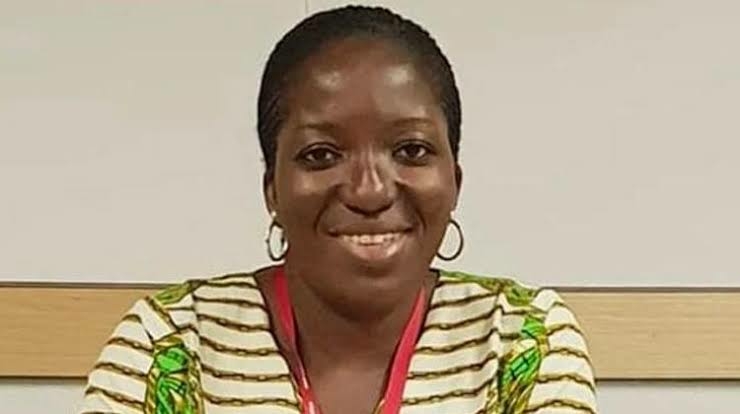The National Agency for the Prohibition of Trafficking in Persons (NAPTIP) asked the media on Wednesday for help in uncovering human traffickers.
Dr Fatima Waziri-Azi, Director-General of NAPTIP, made the appeal in Keffi, at the start of a three-day training for journalists and public relations officers.
Waziri-Azi stated that the media could play an important role in exposing human traffickers’ activities.
Mr Arinze Orakwe, Director of Training and Manpower Development, represented the Director-General.
According to her, human trafficking reporting is an issue that requires the input of journalists, so the media must join the efforts to put an end to the scourge.
“We value journalists; they play an important role in the heart of NAPTIP, particularly in projecting the organization’s work.”
According to Mr Rafael-Rios Molina, team leader of the Action against Trafficking in Persons and Smuggling of Migrants (A-TIPSOM) in Nigeria, trafficking in persons can only be prevented through regular sensitization.
A-TIPSOM is a European Union-funded project being implemented by the Ibero-American Foundation for Administration and Public Policy.
Molina urged the media, including public relations professionals, to brainstorm on how to best combat the threat of human trafficking.
Molina was represented by Mr Olusegun-Joseph Sanwo, Senior Project Officer for A-TIPSOM.
Mr. Ajibola Abayomi, President of the Journalists International Forum for Migration, urged journalists to use their reporting to help victims of human trafficking.
Abayomi also urged NAPTIP to establish offices in each of the 774 local government areas to combat human trafficking.
Mr. Amos Okpu, Assistant Comptroller of Immigration and Public Relations Officer of the Nigeria Immigration Service (NIS), also spoke at the event.
Okpu urged journalists to take advantage of the training to bridge the gap between reporters and news sources.
He urged journalists to join the fight against illegal migration and human trafficking.

















Discussion about this post